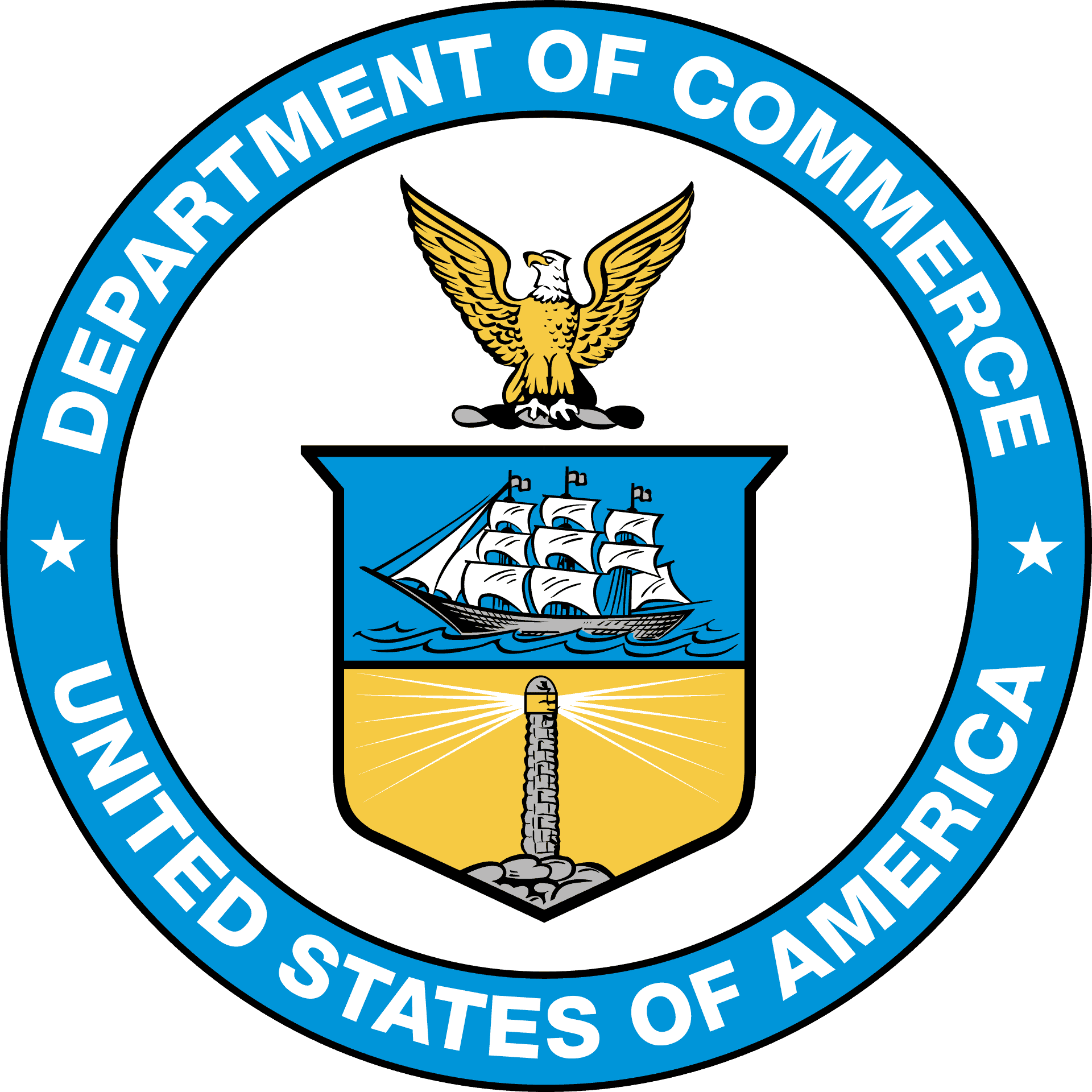Comments in Response to the Department of Commerce: Promoting the Rule of Law Through Improved Agency Guidance Documents

COMMENTS SUMMARY
NCLA urges DOC to include an explicit judicial review provision in its final rule that would allow aggrieved parties to challenge the agency’s determination regarding a petition for review or modification.
Since 2018, NCLA has submitted petitions for rulemaking to numerous agencies seeking changes to procedures for agency guidance use and issuance. Last year, President Trump issued Executive Order No. 13891 requiring agencies to curb improper agency guidance practices and to promulgate procedural rules to implement the EO. Executive Order 13891 and DOC’s Interim Final Rule partially incorporate several of the procedures outlined in NCLA’s rulemaking petitions, signaling that the Commerce Department supports meaningful regulatory reform that curbs abuse of administrative power—an issue central to NCLA’s mission.
While DOC’s Interim Final Rule conforms to the requirements of Executive Order 13891, its mechanism for challenging improper agency guidance remains ambiguous. If the agency’s guidance review process falls short, clear rules identifying when that action becomes final and what review is then available, would allow interested parties to seek meaningful redress from the courts.
Join the new civil liberties movement. Protect Americans from the Administrative State!
DOCKET ID: DOC-2020-0004
LITIGATION COUNSEL: Kara Rollins
SUBMISSION DATE: October 29, 2020
CASE DOCUMENTS
October 28, 2020 | Comments in Response to the Department of Commerce: Promoting the Rule of Law Through Improved Agency Guidance Documents
PRESS RELEASES
October 29, 2020 | NCLA’s Comments on DOC Interim Final Rule Request Adding Explicit Judicial Review Mechanism
Washington, DC (October 29, 2020) – The New Civil Liberties Alliance, a nonpartisan, nonprofit civil rights group, has submitted comments in response to the Department of Commerce’s (DOC) interim final rule, Promoting the Rule of Law Through Improved Agency Guidance Documents. In its comments, NCLA urges DOC to include an explicit judicial review provision in its final rule that would allow aggrieved parties to challenge the agency’s determination regarding a petition for review or modification.
Since 2018, NCLA has submitted petitions for rulemaking to numerous agencies seeking changes to procedures for agency guidance use and issuance. Last year, President Trump issued Executive Order No. 13891 requiring agencies to curb improper agency guidance practices and to promulgate procedural rules to implement the EO. Executive Order 13891 and DOC’s Interim Final Rule partially incorporate several of the procedures outlined in NCLA’s rulemaking petitions, signaling that the Commerce Department supports meaningful regulatory reform that curbs abuse of administrative power—an issue central to NCLA’s mission.
While DOC’s Interim Final Rule conforms to the requirements of Executive Order 13891, its mechanism for challenging improper agency guidance remains ambiguous. If the agency’s guidance review process falls short, clear rules identifying when that action becomes final and what review is then available, would allow interested parties to seek meaningful redress from the courts.
NCLA released the following statement:
“Executive Order 13891 was a watershed moment in establishing much-needed guardrails to agencies’ use and abuse of guidance documents. NCLA sees agency regulations implementing the Order, like the Department of Commerce’s Interim Final Rule, as continuing the conversation about abuses of administrative power and ways that agencies can curb them. But DOC’s Rule is not the end of that conversation. Rather, as NCLA notes in our comment, there are additional steps and procedural safeguards that agencies should take to further the rule of law and respect for Constitutional order.”
— Kara Rollins, NCLA Litigation Counsel
ABOUT NCLA
NCLA is a nonpartisan, nonprofit civil rights group founded by prominent legal scholar Philip Hamburger to protect constitutional freedoms from violations by the Administrative State. NCLA’s public-interest litigation and other pro bono advocacy strive to tame the unlawful power of state and federal agencies and to foster a new civil liberties movement that will help restore Americans’ fundamental rights.
